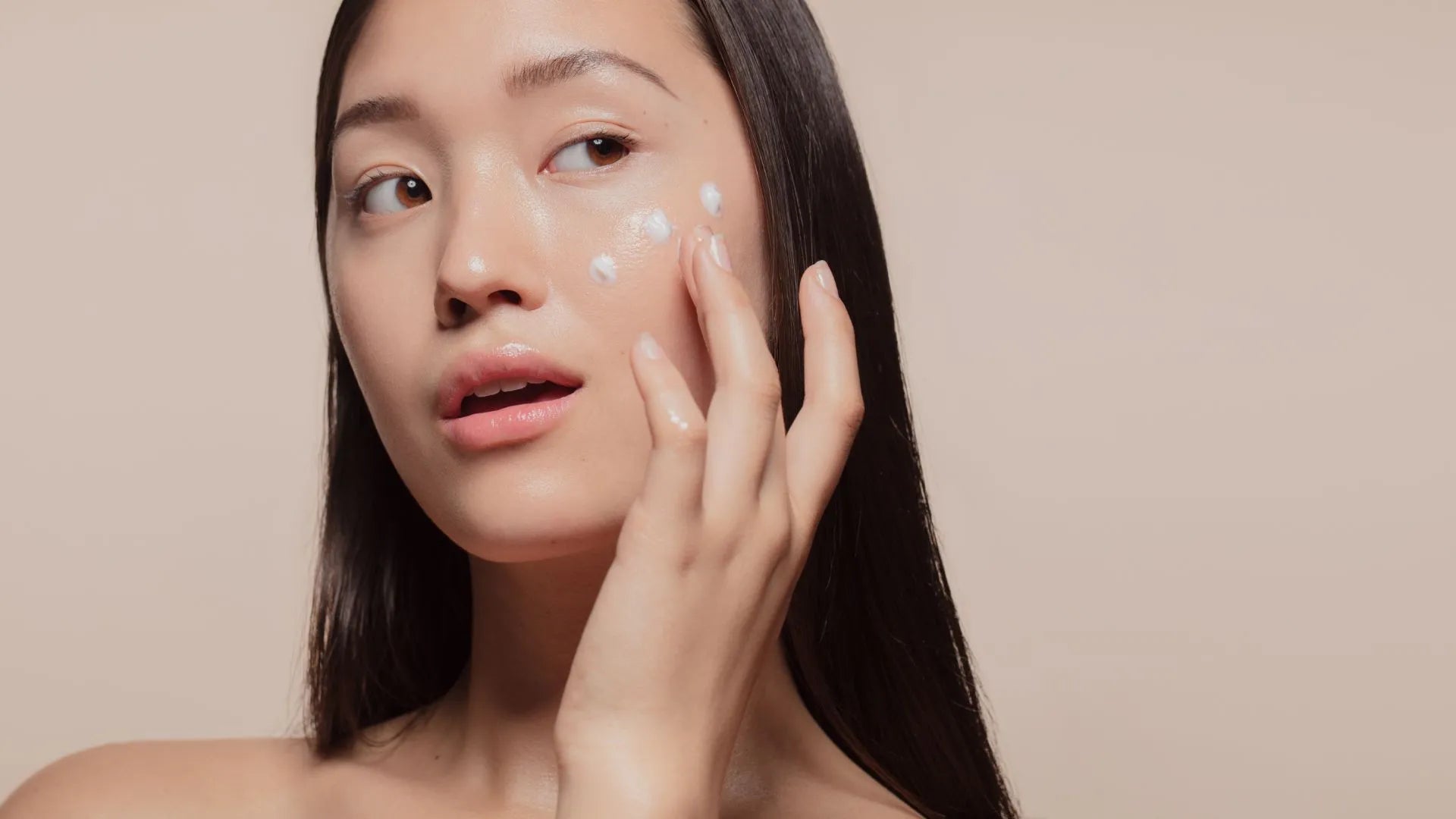Gone are the days when people used to believe that moisturizers were only meant for dry and sensitive skin. Instead, we are all familiar with the significance of adequately moisturizing the skin to keep it radiant, plump, and healthy. This is why you can find various moisturizing products online and at beauty stores.
Signs of Over-Moisturizing
While moisturizing is essential for maintaining healthy skin, it is possible to overdo it. Here are three signs that indicate you may be over-moisturizing your face:
1. Increased Sebum Production
Over-moisturizing can disrupt the natural balance of your skin and lead to increased sebum production. This excess oil can clog your pores and contribute to acne breakouts.
2. Excessive Dryness
Ironically, using too much moisturizer can actually result in dryness. When the skin becomes dependent on external hydration, it may stop producing enough natural oils, leading to dry and flaky skin.
3. More Texture, Bumps, or Tightness
If you notice an increase in skin texture, small bumps, or a feeling of tightness after applying moisturizer, it could be a sign of over-moisturizing. These symptoms indicate that your skin's barrier function may be compromised.
Consequences of Over-Moisturizing
While it's important to keep your skin hydrated, over-moisturizing can have negative effects. Some potential consequences include:
- Acne breakouts due to clogged pores
- Dryness and flakiness
- Impaired skin barrier function
- Increased sensitivity
How Much Moisturizer is Enough?
So, how much moisturizer should you be using? Dermatologists recommend applying a pea-sized amount of moisturizer to your face and neck. This should be sufficient to hydrate your skin without overwhelming it.
Additional Tips for Healthy Skin
While moisturizing is an important step in skincare, there are other factors to consider for overall skin health:
- Cleansing: Use a gentle cleanser to remove dirt, oil, and makeup without stripping away natural oils.
- Toning: Follow cleansing with a toner to balance the skin's pH levels and prepare it for moisturizer.
- Sun Protection: Apply sunscreen with at least SPF 30 to protect your skin from harmful UV rays.
- Exfoliation: Regular exfoliation helps remove dead skin cells and promotes a smoother complexion.
Takeaways
Moisturizing your face is crucial for maintaining healthy and radiant skin, but it's important to strike the right balance. Over-moisturizing can lead to negative effects such as increased sebum production, excessive dryness, and compromised skin barrier function. By being mindful of the signs of over-moisturizing and following expert recommendations, you can keep your skin hydrated and glowing.






